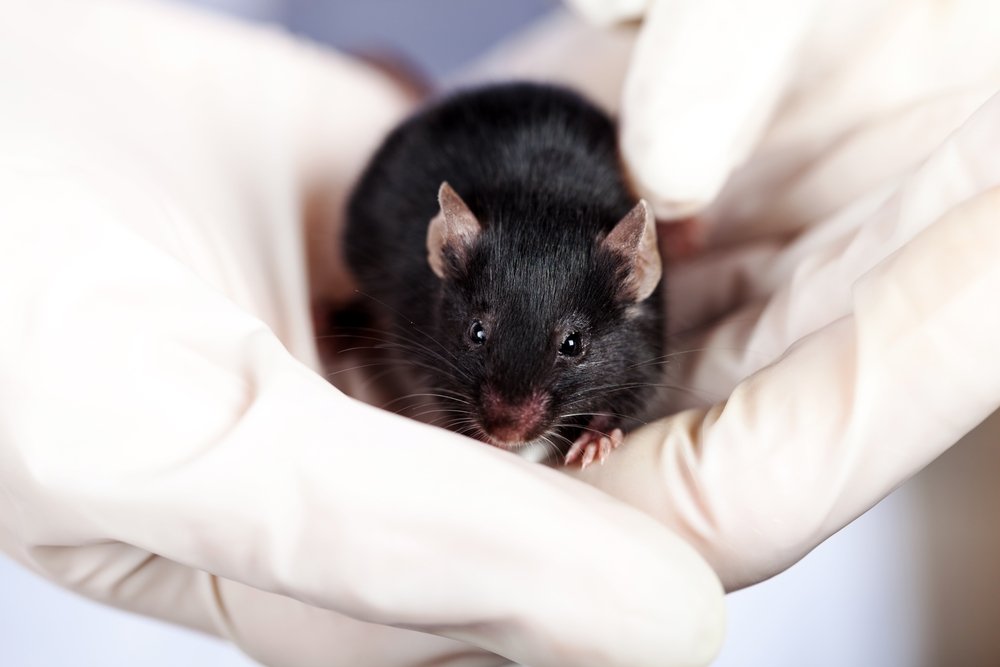Gene Therapy Aiming to Restore COL4 Protein Not Likely to Succeed, Study in Mice Reports

Targeted gene therapy on cells that line the blood vessels — called endothelial cells — failed to restore production of normal collagen in a mouse model of Alport syndrome, a study reports.
The study, “Endothelial Cell-Specific Collagen IV α3 Expression Does not Rescue Alport Syndrome in Col4a3-/- Mice,” was published in the American Journal of Physiology-Renal Physiology.
Alport syndrome is a genetic disorder characterized by progressive kidney disease that can lead to kidney failure. It is caused by genetic mutations in either COL4A3, COL4A4 or COL4A5, which provide instructions to build different subunits of a large protein called type 4 collagen (COL4), the main component of connective tissue.
Progressive kidney disease associated with Alport is caused by the gradual loss of function of the glomerular basement membrane (GBM), an important component of the kidney’s filtration system that is made up by COL4. When one of the protein subunits — alpha3, 4 or 5, which are encoded by COLA3, COLA4 and COLA5, respectively — is faulty, the entire COL4 protein fails to work properly.
Current treatments for Alport syndrome focus on minimizing the negative effects associated with kidney disease, rather than addressing its primary cause. Gene therapy is one of the few experimental approaches that may potentially address and correct Alport’s primary cause.
In a previous study, the same team of researchers showed that forcing the expression of COL4A3 in all cells or specifically in podocytes (cells from the Bowman’s capsule, the kidney’s filtration unit) in a mouse model of Alport syndrome (Col4a3-/- mice) at set time points successfully prevented disease progression.
“This served as a proof-of-principle demonstration that the abnormal GBM could be reconstituted with functional COL4A3/A4/A5 [subunits] and validates pursuing a gene therapy approach for podocytes. An untested but perhaps more practical gene therapy strategy would be to repair pathogenic [disease-causing] COL4 mutations in endothelial cells to promote [the release] of COL4A3/A4/A5 [subunits] into the GBM,” the investigators wrote.
In this study, the group from the Washington University School of Medicine set out to test the therapeutic potential of targeted gene therapy with COL4A3 in endothelial cells from the kidneys in a mouse model of Alport syndrome.
Researchers induced the production of artificial COL4A3 specifically in endothelial cells from the kidneys of mice lacking a functional COL4A3 gene.
Subsequent analysis, however, failed to detect the presence of COL4A3, COL4A4 or the fully assembled COL4 protein with all three subunits in the GBM or elsewhere. After induction, transgenic animals also continued to show signs of kidney disease, suggesting that artificial COL4A3 expression by kidney endothelial cells is insufficient to restore the production of normal collagen.
“This study provides experimental proof in vivo to support the concept that all three [subunits] must be expressed in the same cell to generate functional COL4 heterotrimers [and] indicate that an endothelium-targeted gene therapy approach for the rescue of Alport syndrome is unlikely to succeed,” the scientists wrote.
“Nevertheless, gene therapy remains an attractive approach to treating Alport syndrome [that should be explored differently in future studies],” they concluded.







Leave a comment
Fill in the required fields to post. Your email address will not be published.